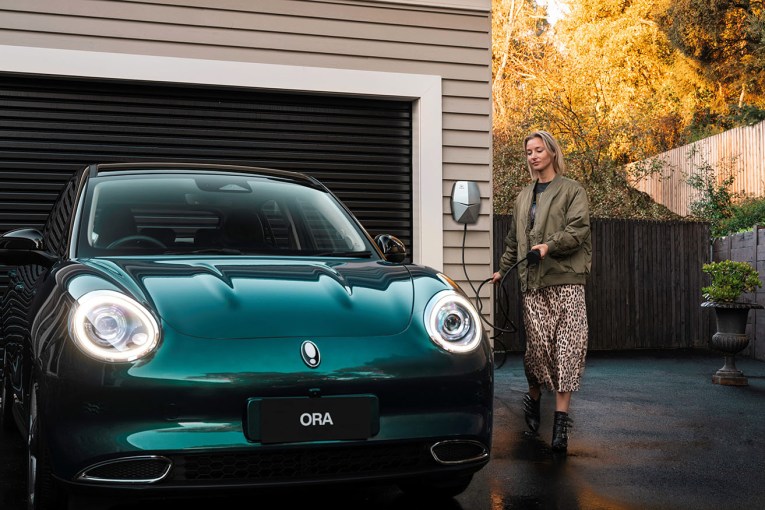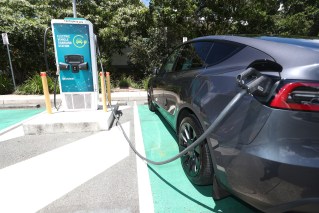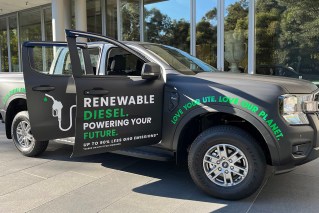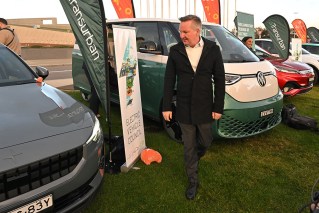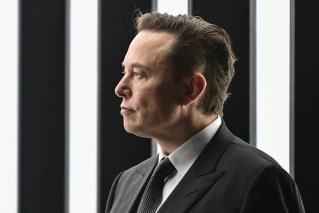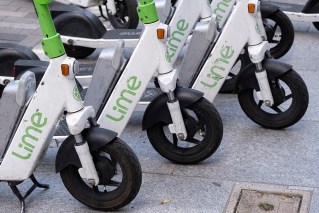Volvo has a speed limit for its cars. This is why

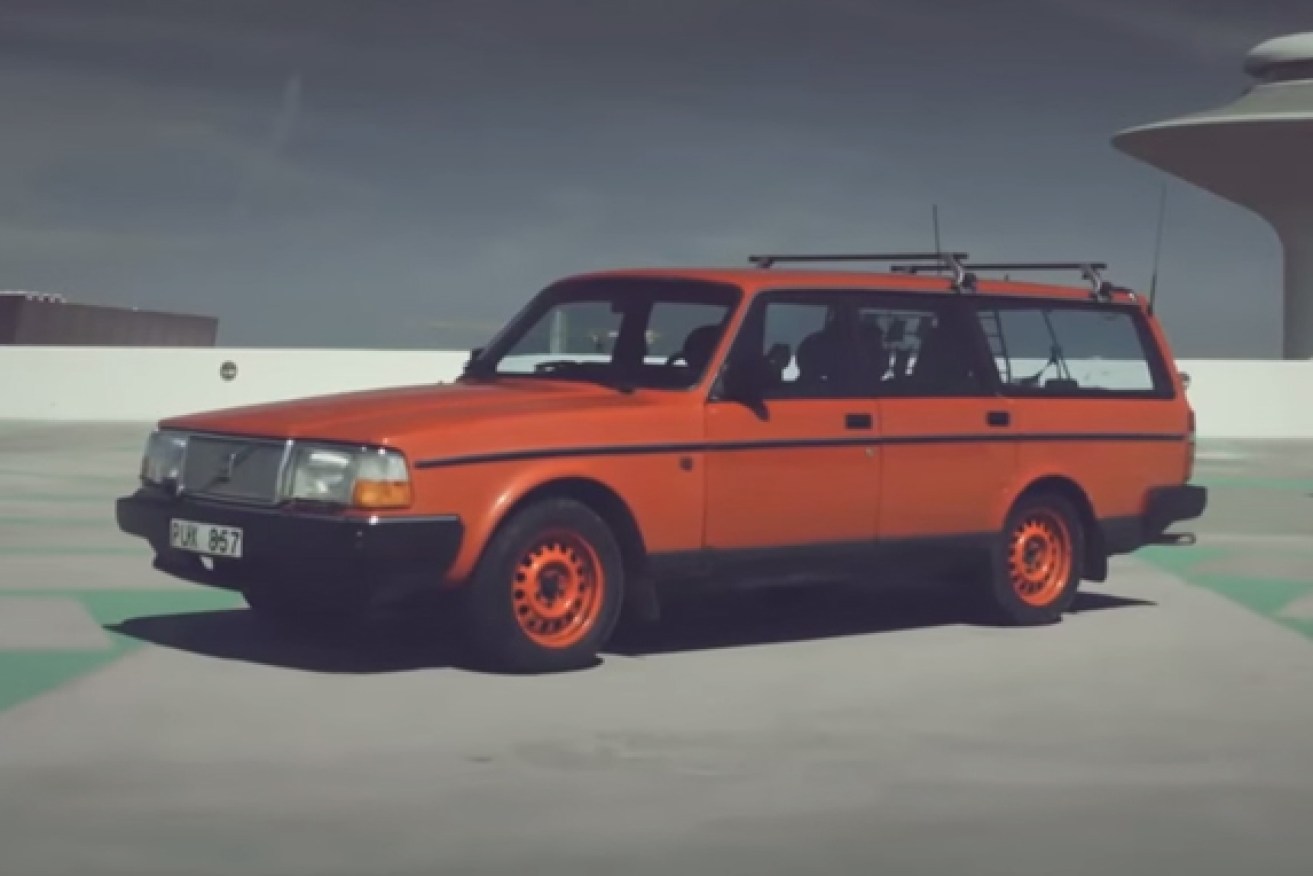
Volvo has never made apologies for prioritising safety over anything else. Photo: Volvo
Volvo, the Swedish car company with the caring and sharing image accepts it’s going to “piss off” people with its latest round of “commy” safety initiatives.
And it doesn’t care.
The new safety measures include cameras that monitor driver behaviour and a blanket 180km/h speed limit for all models.
Driver monitoring, which starts rolling out this year, will slow or even stop the car independently if it judges the driver is incapacitated.
The speed cap will be introduced from 2021, although it won’t be applied to Volvo’s spin-off electric car brand Polestar, which launches in Australia in late 2020.
“If someone thinks we are a bunch of Commy bastards by doing this … then they will think that anyway and we are probably not the brand for them to start with,” Volvo Car Australia managing director Nick Connor told The New Daily.
“Forgive my language but we can afford to piss off 98 per cent of the buying public and still be successful.”
Volvo is framing these new policies as key components in its Vision 2020 goal, in which no one is killed or seriously injured in a Volvo vehicle by 2020. But Mr Connor conceded some people would see them as interfering with their personal freedoms.
“Brands have to stand for something and sometimes when you stand for something you upset people. We should have the courage of our convictions to genuinely say, ‘Actually we believe in vehicle safety, we believe in no-one being killed or seriously injured in a Volvo as a vision by 2020’ – and that’s seven months away.
“If we are serious about that then we have to do something about it and if that upsets a few people so be it.”
The upside, as far as Mr Connor is concerned, is those people upset by speed limiting are unlikely to be buying a Volvo in the first place.
“I think it makes absolutely no difference to our existing customer base and I am not even sure it makes that much difference to our prospective customer base,” he said.
“If somebody wants to buy a Porsche Cayenne and drive it at 200km/h then that’s what they are going to buy. I think it reinforces our credentials. In some ways it was a smart thing to do.”
“I don’t think it will cost us a lot of sales,” Mr Connor added.
“You know what, I think some people will say it’s not a bad thing to do. It’s not like it’s something that doesn’t fit with our core brand values. It fits exactly with our core brand values.”
Safety over … Well, anything
Other recent initiatives announced by Volvo include making its real-world crash investigation research dating back to the 1960s freely available in a digital library, and announcing a 50 per cent sales targets for electric vehicles by 2025.
“Do we need to do it? No. will it sell us many more cars? Possibly not. Does it get the brand reputation and a better understanding of who we are? Possibly.”
There’s a certain irony in Mr Connor’s “Commy” description considering Volvo was bought in 2010 by Geely, which is owned by one of Communist China’s most successful automotive entrepreneurs, Li Shufu.
Since being sold by Ford, Volvo has gone from strength to strength, releasing a string of popular and award-winning new vehicles and growing its global and Australian sales dramatically.
“I have never met a more capitalist mindset than you find in China,” Mr Connor said, a Briton who has worked for Volvo for 24 years.
“Communism stifled them for a bit … but the Chinese are genuinely brilliant traders and Li Shufu is of that ilk.”
